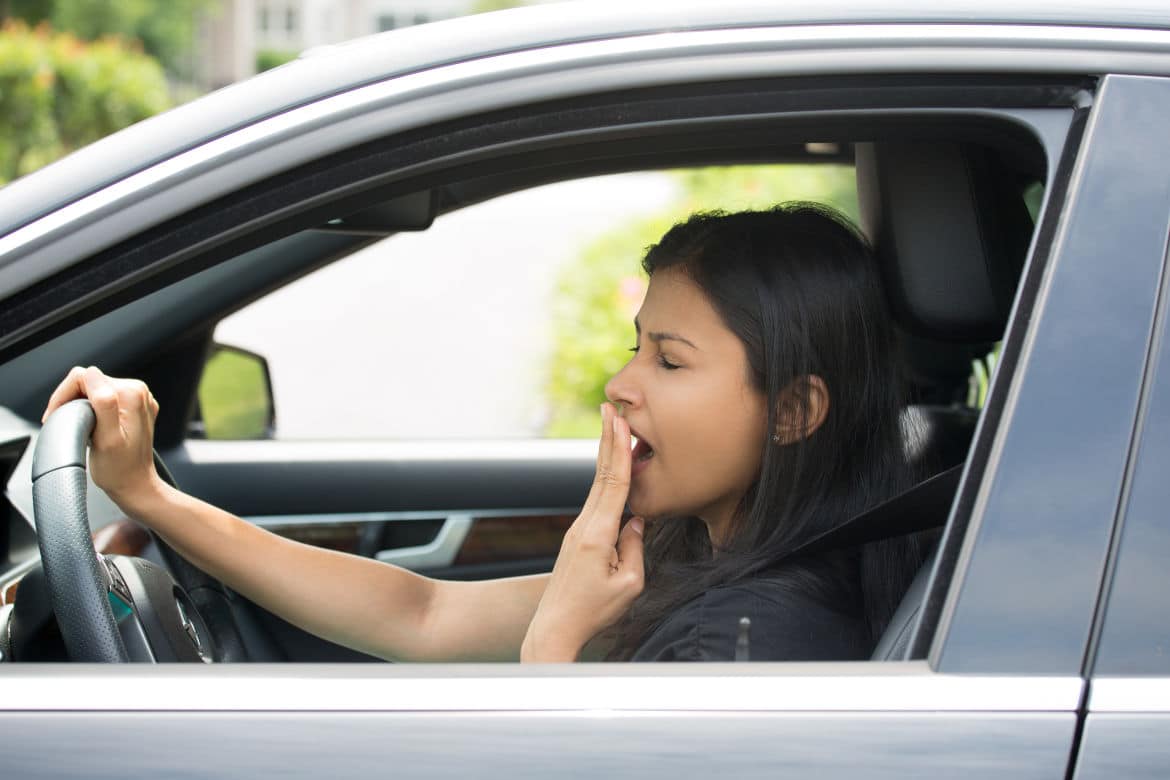
Drowsy driving is as fatal as drunk driving and in order to raise awareness for the dangers of drowsy driving, we are observing Drowsy Driving Prevention Week, from November 6 to 13.
This annual campaign, hosted by the National Sleep Foundation (NSF), is held to provide the public an opportunity to be informed of the risks of drowsy driving and ways to improve road safety. The NSF serves as a global voice for sleep health, which is committed to improving health and well being through sleep education and advocacy.
According to the NSF, when people are deprived of sleep, the chance of getting involved in a crash increases. In addition, most drivers tend to fall asleep while driving on high speed, long, or rural highways.
This week, anyone can participate in eliminating drowsy driving by joining in the activities and raising public awareness through social media with the hashtag #Awake2Drive.
Statistics
- About 328,000 crashes each year nationwide involve a drowsy driver.
- Thirty seven percent of driver report having fallen asleep while driving at some point in their lives.
- More than 50 percent of drowsy driving crashes involve drivers drifting off the road or out of their lanes.
- In 2015, about 5,000 people died in fatigue-related crashes.
- Each day, 83 million people drive while sleepy nationwide.
How to Prevent Drowsy Driving
When you feel sleepy or drowsy, all you want to do is to close your eyes, stop what you are doing, and lie on your bed. These things, however, cannot be done when you are driving. A drowsy or sleepy driver is an unsafe and impaired driver. Even coffee can’t fight sleep. Your drowsiness or sleepiness negatively impacts your judgment and driving skills. If you have been awake for 24 hours or more, do not drive. Or if you still have to drive, make sure to take a nap first.
As a Kentucky Accident Attorney, I would like to remind every Kentucky motorist that sleep deprivation or drowsiness is a major contributor to car crashes. Considering this fact, we should be more cautious of how long we sleep. Adult drivers need at least seven to nine hours of sleep at night. This week is a great time to start applying and practicing this safety tip. And if you have teen drivers, now is the chance to educate them about the risks of falling asleep at the wheel.


